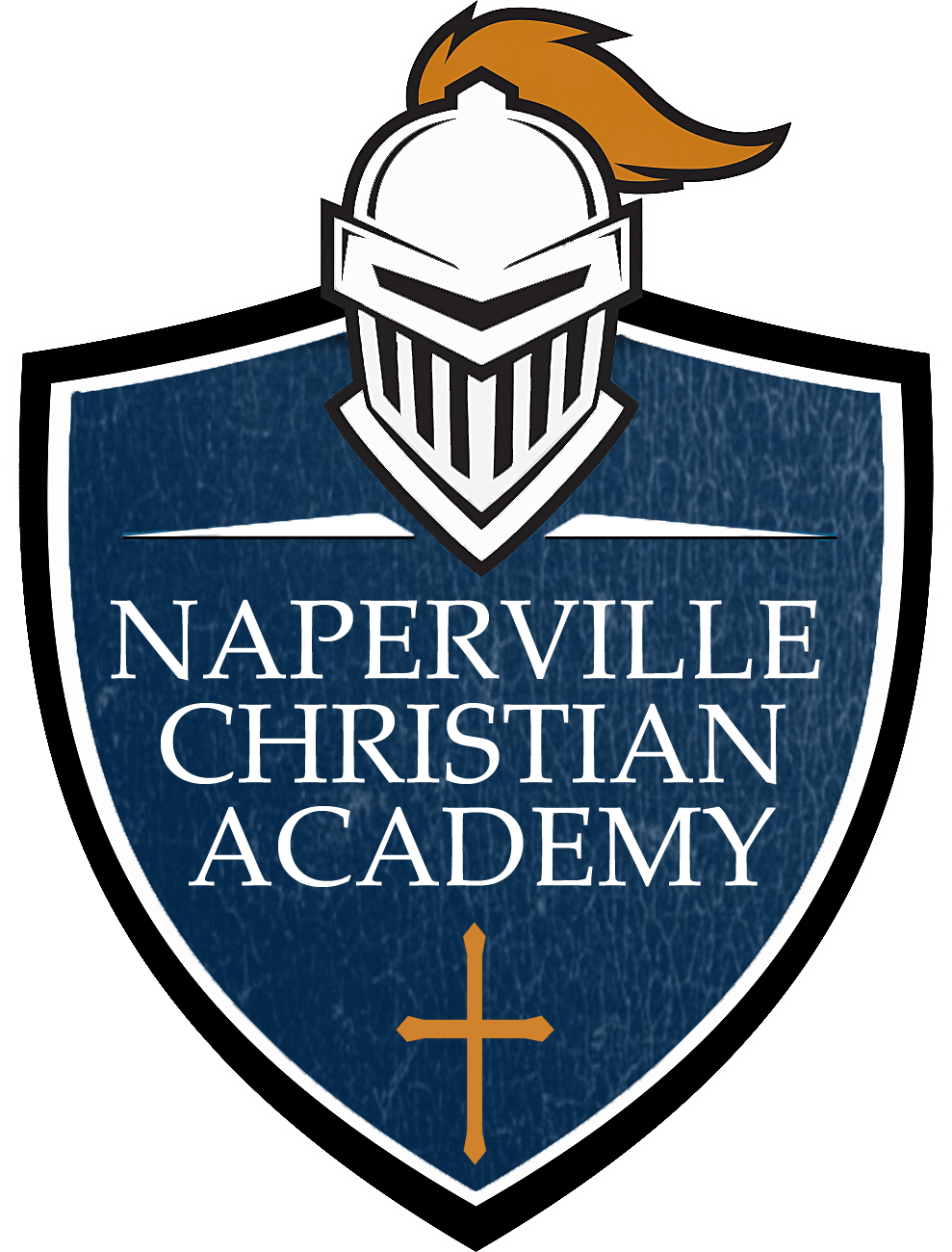Logic School
Where adolescents are armed with the tools of thought
“The unexamined life is not worth living”
– Socrates

Our students begin to speak, present, debate, and will write their first research papers during these years, closely helped and guided by their teachers. Their studies in Latin go from very basic grammar and sentences to advanced constructions and some poetry. In Bible the students do a three year, close reading of the scriptures, providing them with an in-depth understanding of the content, culture, and genres of the biblical text. In history the students begin to concentrate more and more on reading and interpreting primary sources, including texts, photos, movies, musical compositions, and pieces of visual art.
6th Grade
In the 6th Grade, students explore World History and Literature from the 1600-1900s, along with its connection to Scripture, Science, Latin, Math, Logic and the Fine Arts. Students, at this formative age for shaping character, discuss examples of honorable selflessness by reading books like The Hobbit, The Secret Garden, and The Wind in the Willows, in which they find Christ the true and faithful model. In this transitional year from Grammar School to Logic School, students take more responsibility for their education by developing logical and organizational skills, and learn to process and reason through arguments more analytically. Students also experience a shift from a single classroom with one primary teacher to multiple teachers instructing in their fields of expertise, which leads to heightened expectations for student work and prioritization.
7th Grade
In the 7th Grade, students dive into 20th century World History and Literature, viewed through a lens humility. Exploring the Old Testament and its parallels with the last century filled with war, revolution, progress, innovation, and change, students are called to obey the biblical command to love thy neighbor as they examine the past and consider what it means to be human. Students sharpen their logical skills by learning to read critically and carefully, and discuss ideas with peers and mentors, contextualize, compare, and form a strong thesis. In this year, 7th graders receive the benefit of growing in discernment through review and repetition, which is essential to mastering the liberal arts.
8th Grade
In the 8th Grade, students survey the history of America from its beginnings until today reading texts such as the Narrative of the Life of Frederick Douglass, O Pioneers, To Kill a Mockingbird and more, with a trip to Springfield, IL to visit historical Lincoln sites. Students grow in their knowledge of the cultural formation of the United States as well as American civics and government. 8th grade revisits the New Testament, moves into Latin translation, and introduces expanded Fine Arts offerings. Students deepen their logical skills through textual analysis, essay writing, use of primary sources, and formal training in debate. These skills prepare the students to partake as full contributors in the classical liberal arts tradition as they enter into Rhetoric School, the great crescendo of classical education.
Logic School Curriculum Overview
| Subject | Grade 6 | Grade 7 | Grade 8 |
|---|---|---|---|
| Bible | Old Testament Survey I Genesis-Ruth | Old Testament Survey II Samuel-Malachi | New Testament Survey |
| History | World History 1600-1900 | 20th Century World History | American History and Government |
| Literature | The Jungle Book, A Christmas Carol, Little Women, and other historically and thematically relevant works | Works by Shakespeare, Animal Farm, The Pearl, and other historically and thematically relevant works | Red Badge of Courage, Oliver Twist, Call of the Wild, and other historically and thematically relevant works |
| Grammar | Warriner’s English Grammar 2 | Warriner’s English Grammar 3 | Warriner’s English Grammar 4 |
| Composition | Essay Writing: Basics of Writing and Structure | Essay Writing: Structure, Style and Thesis | Essay Writing: Structure, Style and Thesis |
| Latin | Latin SI or Latin IV | Latin SII or Latin V | Latin SIII or Latin VI |
| Math | Saxon 8/7 | Pre-Algebra or Algebra I | Algebra I or Geometry |
| Science | Chemistry | General Science | Physical Science |
| Logic | Logical Concepts | Introductory Logic | Intermediate Logic and Debate |
